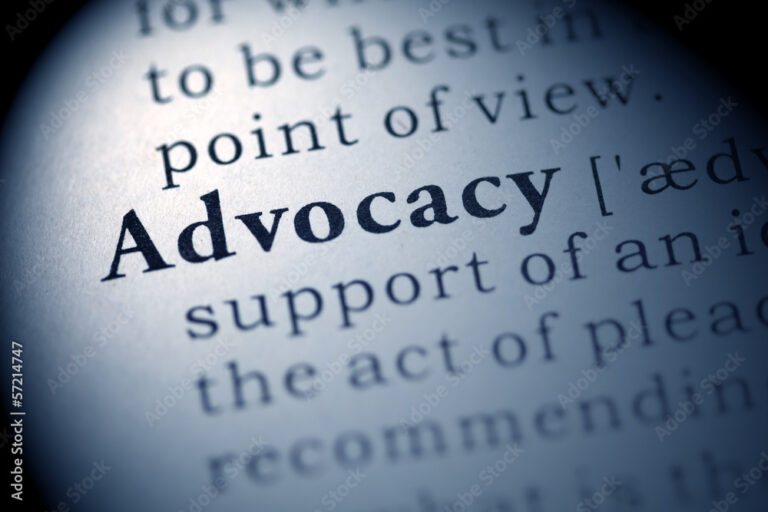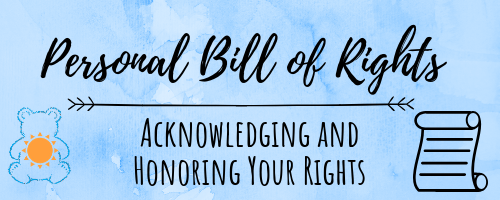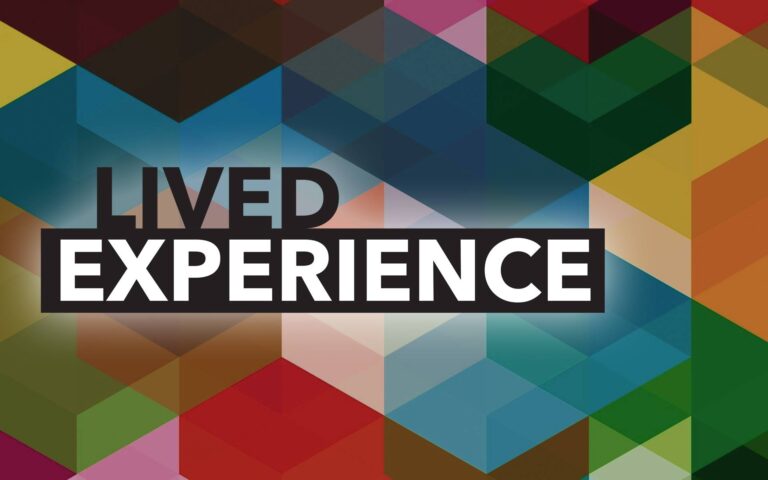Mental Health Recovery Coach vs. Peer Supporter: Understanding the Distinctions
The landscape of mental health support has evolved significantly in recent years. As we embrace a more holistic and inclusive approach to well-being, various support roles have emerged, each with its unique focus and methodology. Among them, the roles of a Mental Health Recovery Coach and a Peer Supporter stand out. At first glance, they might seem similar, but there are distinct differences that set them apart.
Mental Health Recovery Coach:
Definition: A Mental Health Recovery Coach is a trained professional who guides and supports individuals on their journey to recover from mental health challenges. They help clients set and achieve personal goals, develop coping strategies, and navigate the broader mental health system.
Key Features:
- Goal-Oriented Approach: Recovery Coaches emphasize setting and achieving both short-term and long-term goals related to mental well-being.
- Broad Scope: Their assistance is not confined to just lived experience. They might also integrate coaching techniques, therapeutic tools, and resource navigation.
- Proactive Guidance: They actively work with clients to design a recovery roadmap, offering strategies and resources tailored to individual needs.
- May or May Not Have Lived Experience: While many Recovery Coaches have firsthand experience with mental health challenges, it’s not a mandatory requirement.
Peer Supporter:
Definition: A Peer Supporter is someone who has lived experience with mental health challenges and is trained to support others going through similar struggles.
Key Features:
- Shared Experience: The primary foundation of peer support is the mutual understanding that comes from shared experiences. This lived experience fosters a unique bond of trust and empathy.
- Emphasis on Listening: Peer Supporters prioritize active listening, offering a non-judgmental space for individuals to share their feelings and challenges.
- Supportive, Not Directive: Unlike Recovery Coaches, Peer Supporters typically don’t provide direct advice or set goals for the individual. Instead, they offer support, understanding, and shared insights from their journey.
- Affirms Recovery is Possible: Through their own stories and experiences, Peer Supporters inspire hope and demonstrate that recovery is attainable.
Conclusion:
Both Mental Health Recovery Coaches and Peer Supporters play invaluable roles in the mental health community. While Recovery Coaches may offer a structured, goal-driven approach, integrating various techniques and strategies, Peer Supporters provide a heart-to-heart connection rooted in shared experiences. Determining which is best for an individual depends on their specific needs, preferences, and where they are on their mental health journey. Often, a combination of both can offer a balanced and comprehensive support system.







